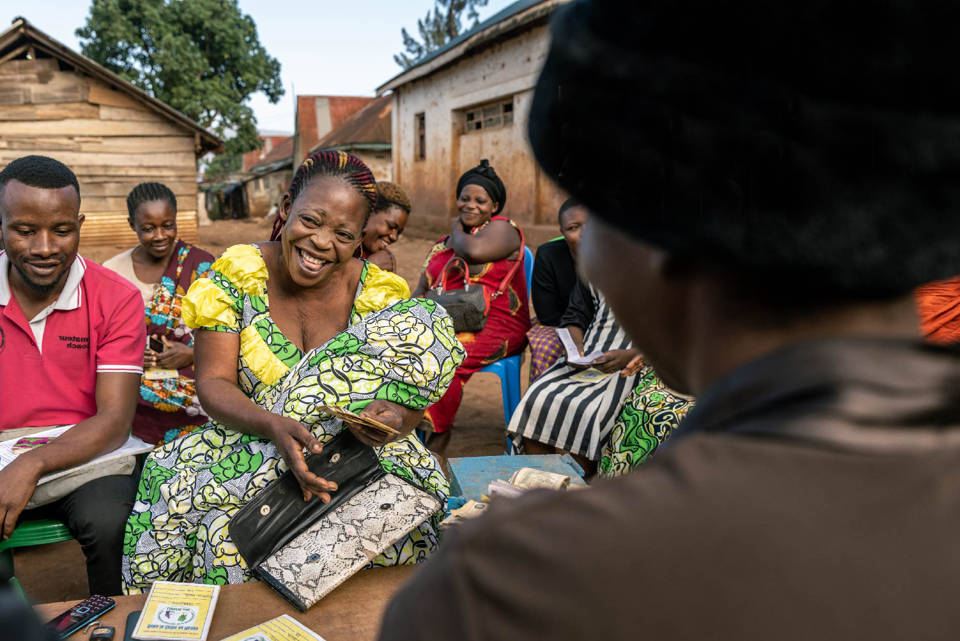Caritas Australia has launched a new report, Anchors in a Crisis, supported by Senator the Hon. Penny Wong, Australian Minister for Foreign Affairs, looking at the benefits of women holding leadership positions in humanitarian response, and some of the barriers they face.
The good news is, of the 70 global humanitarians we surveyed, 85 percent said gender-diverse teams lead to more inclusive responses, have better decision making, and a greater likelihood to listen and act upon the views of communities.
The bad news is, we found out grassroots, women-led organisations are underfunded and under supported – so that positive impact is not being felt as strongly as it could be.
When it comes to tackling that we found that faith-based networks are incredibly important because 84 percent of the world identifies with a faith, and Churches are present in some of the most vulnerable communities. In line with this, respondents told us it is transformative when local faith leaders support women in leadership positions.
At Caritas Australia we are fortunate to work within the Caritas Internationalis federation, which has clear ambitions to drive women’s participation via theological approaches, aligned with broader church movements. What’s more, women lead 5 out of 7 Caritas organisations in Oceania and Caritas Africa has a vibrant network to support women leaders there, making this report an important step in helping us identify enablers of that movement so we can create a blueprint for further progress.
In short, that blueprint is a combination of funding, leadership training, supportive women’s networks, encouragement of male allyship, working with local faith leaders, and plenty of training on gender equality.
Importantly, we also found that supporting local organisations and supporting women are often one and the same, both of which we are incredibly passionate about at Caritas Australia.
Last year we worked with a total of 74 local partners worldwide, with 81 percent of the projects addressing gender equality.
In the Democratic Republic of the Congo through sister agency CAFOD DRC, we support Centre Olame, which works to improve the economic, social, pastoral, and psychosocial well-being of women and girls. Many of these women and girls are vulnerable because they have a disability, or have been accused of witchcraft, or are survivors of sexual violence or child abuse.
Centre Olame is run by women, many of which are former beneficiaries. It primarily helps women and girls access the skills and knowledge to improve their lives by generating an income, better preparing them to navigate crises in the country.
During the Covid pandemic, women at Centre Olame made masks but they did so in an environment with Listening Rooms where they could share and heal from their experiences as survivors of violence. It is a striking example of how the inclusion of women in crisis response can lead to better outcomes for vulnerable groups.
So, where to from here?
Our report is designed to push governments and other aid and development organisations to do the following:
- Increase funding for local, women-led organisations.
- Support women in the humanitarian sector to access leadership training.
- Build supportive networks for the development of women leaders.
- Work with local faith leaders to get their support for women’s leadership at a community level.
- Engage in training on gender equality and safeguarding for all staff.
By supporting Caritas Australia, you are already making an impact as you have more than likely supported grassroots, women-led, aid and development programs. For that we are enduringly grateful.

Rosalie was forced to be a child soldier in the Democratic Republic of Congo, she now runs a local savings and loans group, Photo credit: Arlette Bashizi/Caritas Australia.

















